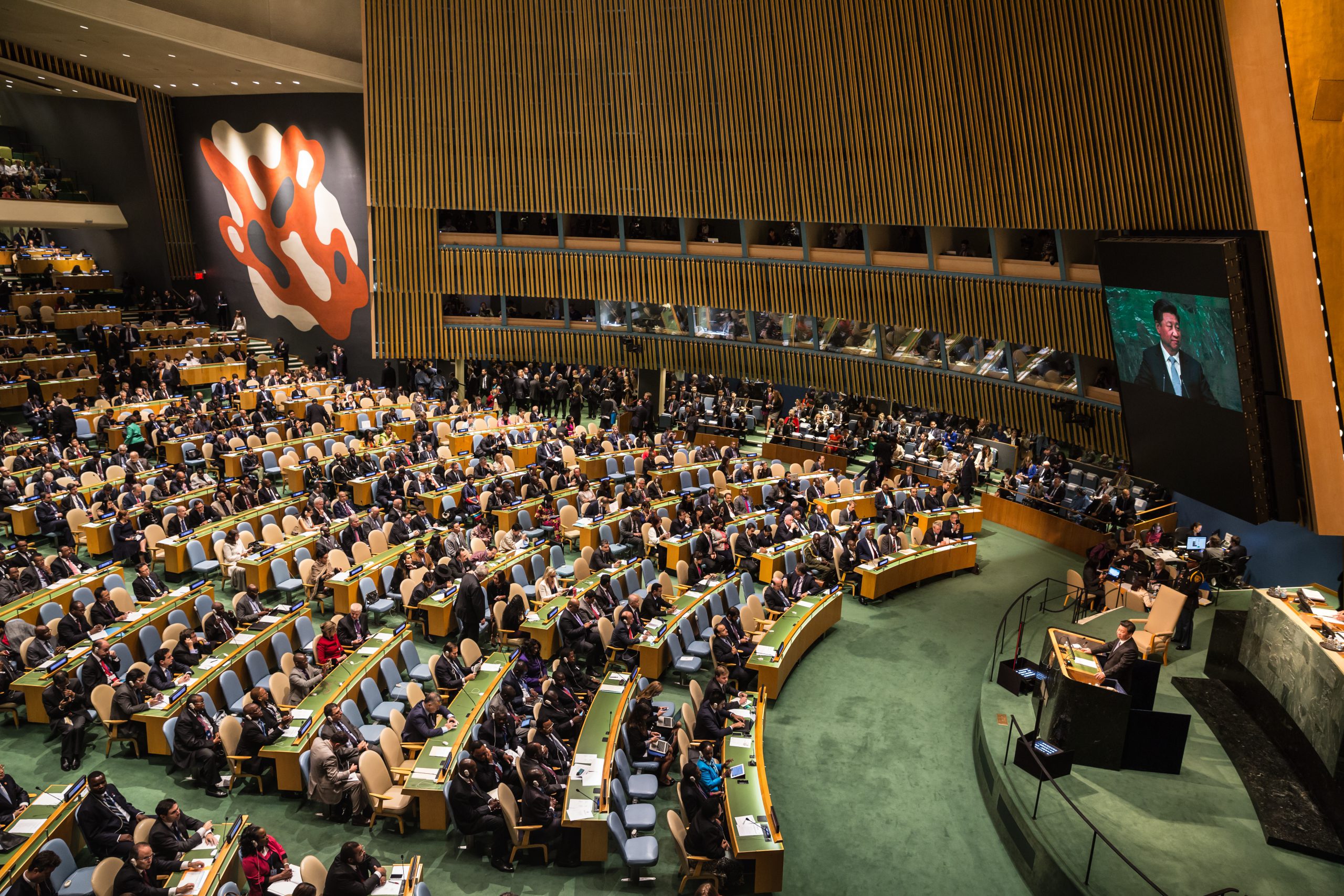One of the main challenges facing the United Nations (UN) is the lack of consensus among member states on key issues, which can lead to gridlock and inaction. This can be particularly problematic in the Security Council, where certain countries hold veto power and can block the adoption of resolutions.
For example, the Security Council has been unable to take decisive action on conflicts in Syria and Yemen, due in part to the veto power of certain member states. Similarly, the UN has struggled to address the ongoing crisis in Myanmar, as certain member states have been unwilling to take strong action against the government.
Another factor that can contribute to inaction within the UN is the lack of resources and political will to address certain issues. Some member states may be hesitant to commit resources or take action on issues that are not a priority for them.
Additionally, the UN has faced criticism for its failure to effectively address major global crises, such as conflict, poverty, and climate change. This has led to calls for reform and more effective mechanisms for addressing these issues.
Overall, the UN is a complex and multifaceted organization that faces a number of challenges in achieving its goals of promoting international cooperation and addressing global issues.




